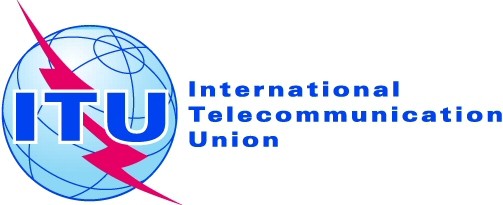Definition of International Telecommunication Union (ITU) in Network Encyclopedia.
What is International Telecommunication Union (ITU)?
International Telecommunication Union (ITU) is an international organization headquartered in Geneva, Switzerland, that coordinates global telecommunications networks and services with governments and the private sector.

Known until 1993 as the International Telegraph and Telephone Consultative Committee (CCITT), the International Telecommunication Union (ITU) is responsible for a number of important international networking and communication standards, including the following X series and V series standards:
- X.25 packet-switching network standard
- V.90 56-Kbps modem standard
- X.400 message-handling system (MHS) standard
- X.435 standard for electronic data interchange (EDI) over X.400
- X.500 directory service recommendations
- X.509 digital certificate and authentication standard
The ITU also hosts important study groups, meetings, and conferences and is a leading publisher of information on telecommunications technology and standards.
The section of the ITU that is concerned with developing international standards for telecommunications is called the ITU Telecommunications Standardization Sector, or ITU-T.

The global international telecommunications network is the largest and most sophisticated engineering feat ever created. You use it every time you log on to the web, send an e-mail or SMS, listen to the radio, watch television, order something online, travel by plane or ship – and of course every time you use a mobile phone, smartphone or tablet computer.
All of this is thanks to ITU and its membership:
- ITU makes phone calls possible: whether to the office next door or to a friend in another country. ITU standards, protocols and international agreements are the essential elements underpinning the global telecommunication system.
- ITU coordinates the world’s satellites through the management of spectrum and orbits, bringing you television, vehicle GPS navigation, maritime and aeronautical communications, weather information and online maps, and enabling communications in even the remotest parts of the planet.
- ITU makes Internet access possible. The majority of Internet connections are facilitated by ITU standards.
- ITU helps support communications in the wake of disasters and emergencies – through on-the-ground assistance, dedicated emergency communications channels, technical standards for early warning systems, and practical help in rebuilding after a catastrophe.
- ITU works with the industry to define the new technologies that will support tomorrow’s networks and services.
- ITU powers the mobile revolution, forging the technical standards and policy frameworks that make mobile and broadband possible.
- ITU works with public and private sector partners to ensure that ICT access and services are affordable, equitable and universal.
- ITU empowers people around the world through technology education and training.